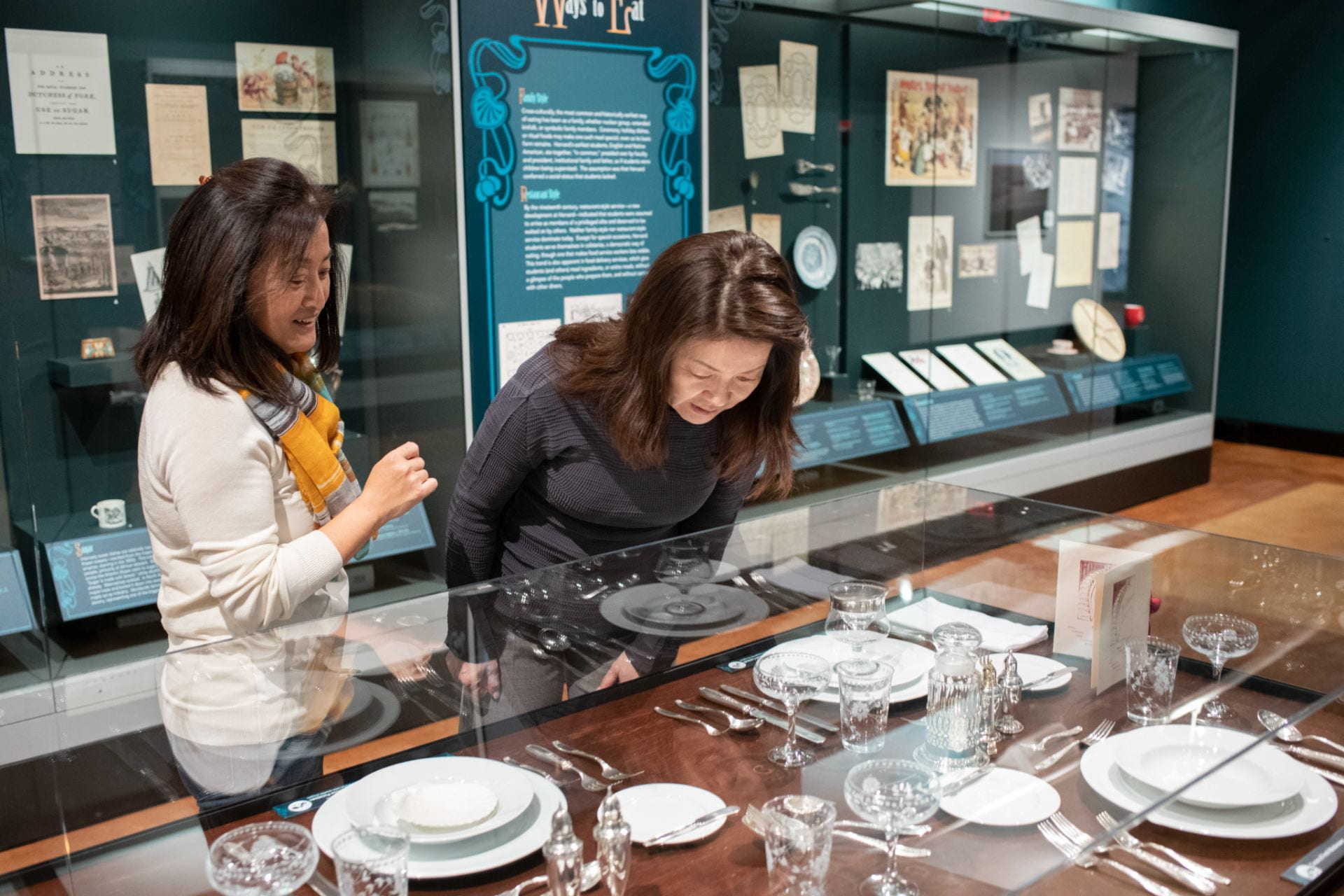November 19, 2019
Elizabeth Minor, Visiting Assistant Professor in Anthropology, Wellesley College
The Kerma Kingdom was an ancient Nubian civilization located in present-day Sudan. Its capital, the city of Kerma, had monumental architecture and religious art depicting deities in the form of lions, scorpions, and hybrid figures such as winged giraffes and hippopotamus goddesses. During the Classic Kerma Period (1700–1550 BCE), funerary monuments of Kerman kings could be up to one hundred meters long and included hundreds of sacrificed individuals. Elizabeth Minor will discuss the complexity of Kerman culture and its practice of human sacrifice as a means to negotiate social hierarchies.
About the Speaker
Elizabeth Minor is Visiting Assistant Professor in Anthropology at Wellesley College. She earned a Ph.D. in Near Eastern Studies from the University of California, Berkeley, focusing on cultural connections between ancient Egypt and Sudan. Her research reinterprets historically collected archaeological data, using the lenses of post-colonial and feminist theory to bring ancient Africa into larger discussions of world history. She has excavated in Egypt, Sudan, and California, and is currently digging the burnt remains of an early twentieth-century women’s dormitory on Wellesley campus. Her eighteen years of museum work include educational outreach, registration, development, and digital imaging projects. She first visited a museum basement as a child and wanted to stay there forever. She loves sharing the fascinating stories that can be told through global collections and hearing new perspectives from museum visitors.
